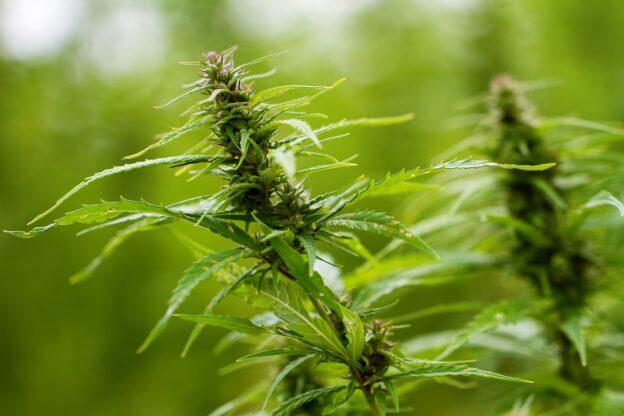For decades, cannabis has been at the center of debates and ongoing research, particularly concerning its potential effects on mental health. Among the significant concerns is the development of cannabis-induced psychosis. This article takes a deep dive into the latest statistics on cannabis-induced psychosis, offering a comprehensive overview of the current state of knowledge on this critical subject.
Understanding Cannabis-Induced Psychosis
It encompasses various mental health issues that may arise due to cannabis use. Symptoms may include hallucinations, delusions, impaired cognitive function, and disorganized thinking. While not everyone who uses cannabis will experience psychosis, it’s crucial to be aware of the risks, especially in the context of the evolving legal landscape of cannabis worldwide.
Unveiling the Latest Statistics
Recent studies indicate that cannabis-induced psychosis is a legitimate concern. According to the CDC, approximately 3 in 10 people who use marijuana have marijuana use disorder. Furthermore, marijuana use has been associated with an increased risk of psychosis. Research also suggests the risk of cannabis-induced psychosis varies with age and gender, with adolescents and young adults, especially males, appearing more vulnerable.
The frequency and potency of cannabis also play a pivotal role. High-potency cannabis products, such as concentrates and edibles, have been linked to a higher risk of psychosis. Frequent use of these high-potency products further increases the likelihood of experiencing cannabis-induced psychosis.
Navigating the Changing Landscape
As cannabis legalization continues globally, concerns about the potential impact of cannabis-induced psychosis grow. In regions with legalized recreational or medical cannabis, researchers closely monitor any changes in the incidence of cannabis-related mental health issues. It’s essential to consider co-occurring factors, including genetic predisposition, family history of mental health disorders, and other substance use, as they contribute to the development of cannabis-induced psychosis.
Prioritizing Prevention and Education
In light of these statistics, a focus on prevention and education becomes paramount:
Public Awareness
Raising awareness of the potential risks of cannabis use is crucial, especially among vulnerable populations. Education campaigns can empower individuals to make informed decisions about cannabis consumption.
Early Intervention
Identifying and addressing cannabis-induced psychosis early is vital. Ensuring access to mental health resources and treatment can prevent the condition from worsening.
Regulation and Safe Use
Governments and regulatory bodies play a pivotal role in establishing policies to ensure cannabis products are safe, accurately labeled, and do not contain excessive levels of THC. This approach can mitigate the risks associated with high-potency cannabis.
Navigating Informed Cannabis Use
The statistics on cannabis-induced psychosis underscore the importance of informed and responsible cannabis use. While not everyone who uses cannabis will experience psychosis, the risk is real, varying with factors such as age, gender, potency, and frequency of use. Thus, as the world grapples with the changing landscape of cannabis legislation, staying informed, promoting education, and supporting those affected remain essential.








